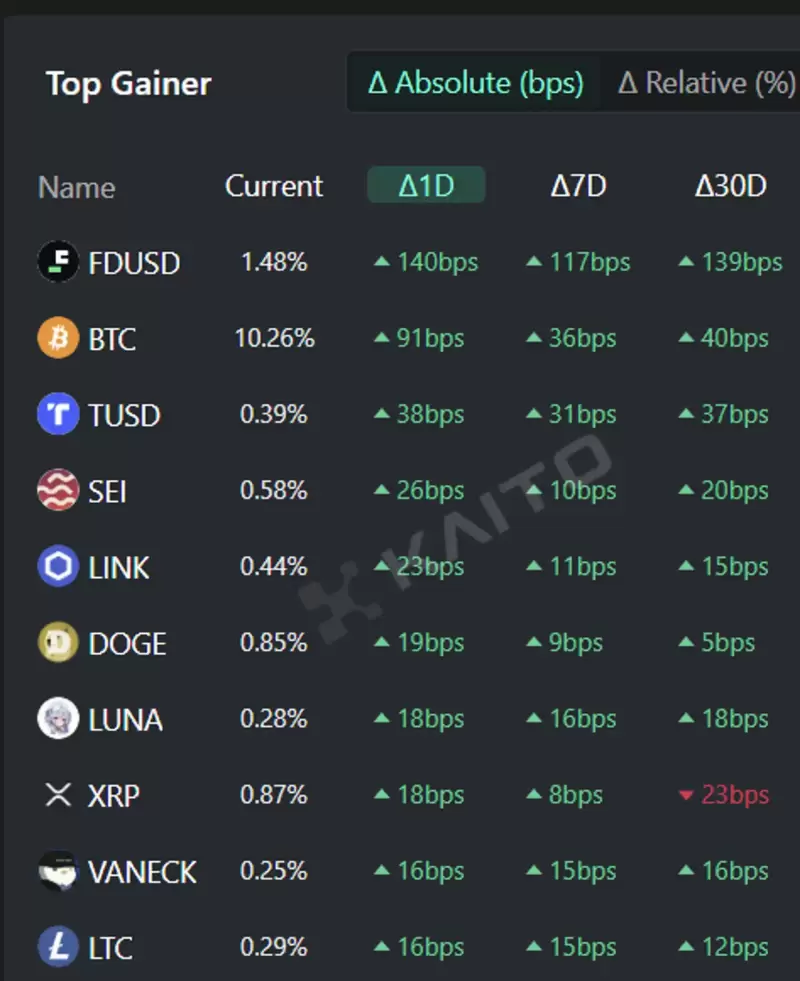 |
|
 |
|
 |
|
 |
|
 |
|
 |
|
 |
|
 |
|
 |
|
 |
|
 |
|
 |
|
 |
|
 |
|
 |
|
Iran is currently grappling with a severe energy crisis, which has sparked debates about the root causes and the role of Bitcoin mining in exacerbating the problem.

Iran is currently grappling with a severe energy crisis, which has sparked debates about the root causes and the role of Bitcoin mining in exacerbating the problem. The country’s energy infrastructure is struggling to meet the demands of its growing population, extreme weather conditions, and a burgeoning sector in digital currency mining. As Iran faces widespread power outages, particularly during the hot summer months, many are questioning whether Bitcoin mining is putting excessive strain on the national grid and contributing to the crisis.
The Energy Crisis in Iran
Iran’s energy crisis has been characterized by frequent power outages, especially during the peak of summer, when demand for electricity rises due to increased use of air conditioning. The country has long relied on subsidized energy, making electricity cheap for residents and industries. However, this has also led to inefficiencies in energy consumption and an overburdened infrastructure. Iran’s aging power plants, combined with the lack of investment in renewable energy sources, have further compounded the problem. The country’s national grid struggles to balance electricity supply with demand, leading to frequent blackouts.
In addition to the challenges posed by infrastructure and rising demand, Iran is facing external pressures, such as economic sanctions, which have impacted its ability to import energy-efficient technologies and maintain power plants. The ongoing political and economic instability has made it harder for the government to address these issues adequately.
Bitcoin Mining: A Growing Industry in Iran
Bitcoin mining, which involves solving complex mathematical puzzles to validate transactions on the Bitcoin blockchain, is an energy-intensive process. It requires high-powered computers running 24/7, consuming large amounts of electricity. In Iran, the low cost of energy has attracted miners from around the world, making the country a hotspot for cryptocurrency mining. The combination of cheap electricity and lax regulatory oversight has led to a surge in mining operations in both legal and illegal sectors.
According to some estimates, Bitcoin mining in Iran consumes around 2-3% of the country’s total electricity. This may seem like a small percentage, but it becomes significant when the country is already struggling with energy shortages. The increased electricity consumption by mining operations, especially during peak demand periods, puts additional pressure on the grid, leading to power shortages in residential areas and critical sectors.
Government Action and Response
The Iranian government has responded to the energy crisis with a series of measures aimed at reducing the burden on the national grid. In 2019, the government officially legalized cryptocurrency mining, with miners required to register with authorities and pay market rates for electricity. However, the government has also taken steps to regulate the industry more strictly, shutting down illegal mining operations and imposing heavy fines on unregistered miners.
Despite these efforts, illegal mining remains widespread, with many miners continuing to exploit subsidized electricity without registration. The government has periodically shut down mining operations in an attempt to alleviate pressure on the national grid, but these measures have not completely solved the problem.
The growing awareness of Bitcoin’s energy consumption has led to calls for a more sustainable approach to mining. Some have suggested that Iran should look into alternative energy sources, such as solar or wind, to power mining operations and reduce the strain on the grid. This approach could align with global trends, as the cryptocurrency industry faces increasing scrutiny over its environmental impact.
Is Bitcoin Mining the Main Culprit?
While Bitcoin mining is certainly a factor contributing to Iran’s energy crisis, it is not the sole cause. The energy crisis is multifaceted, driven by a combination of outdated infrastructure, inefficient energy consumption, and external sanctions. Bitcoin mining may exacerbate the problem, but it is only one piece of the puzzle.
The Iranian government has emphasized the need for greater investment in modernizing the power grid and exploring alternative energy solutions. Additionally, the global push for greener and more sustainable mining practices could help alleviate some of the environmental concerns associated with Bitcoin mining.
The energy crisis in Iran is a complex issue, with multiple contributing factors. While Bitcoin mining’s high energy consumption certainly adds pressure to an already struggling national grid, it is not the root cause of the crisis. Instead, the problem lies in outdated infrastructure, inefficient energy policies, and external sanctions that have hindered the country’s ability to modernize its energy sector. To address the energy crisis in the long term, Iran will need to invest in sustainable energy solutions and modernize its infrastructure. While Bitcoin mining will continue to play a role in the country’s energy consumption, finding a balance between the benefits of the cryptocurrency industry and the country’s energy needs will be key to resolving the crisis.
Disclaimer:info@kdj.com
The information provided is not trading advice. kdj.com does not assume any responsibility for any investments made based on the information provided in this article. Cryptocurrencies are highly volatile and it is highly recommended that you invest with caution after thorough research!
If you believe that the content used on this website infringes your copyright, please contact us immediately (info@kdj.com) and we will delete it promptly.
-

- Ripple (XRP) Introduces Its RLUSD Stablecoin to the Stablecoin Market
- Apr 03, 2025 at 04:00 pm
- Ripple introduced its RLUSD stablecoin to the stablecoin market through its launch on Kraken cryptocurrency exchange. The USD-pegged stablecoin aims to boost its cross-border payment functions and integrate with the payment platform.
-

-

- Bitcoin (BTC) Price Consolidation May Be Precursor to a Market Drop, Analyst Says
- Apr 03, 2025 at 03:55 pm
- Bitcoin has seen a notable price consolidation over the past few weeks, trading between the $84,000 and $86,000 levels. Despite the initial surge in price, the cryptocurrency has faced a decline of 3.7% in the past week and nearly 10% in the past month, signaling a period of stagnation in its upward momentum.
-

- The OFFICIAL TRUMP price plummeted over 9% in the last 24 hours to trade at $9.29
- Apr 03, 2025 at 03:55 pm
- The drop in the TRUMP price comes after US President Donald Trump signed an executive order establishing reciprocal tariffs on trading partners and a 10% baseline tariff on all imports from all countries.
-

-

-

- FDUSD, BTC, TUSD, SEI, and LINK are the top 5 virtual asset-related keywords attracting the most interest
- Apr 03, 2025 at 03:45 pm
- According to the Token Mindshare (a metric quantifying the influence of specific tokens in the virtual asset market) top gainers from the AI-based Web3 search platform Kaito
-

-





























































